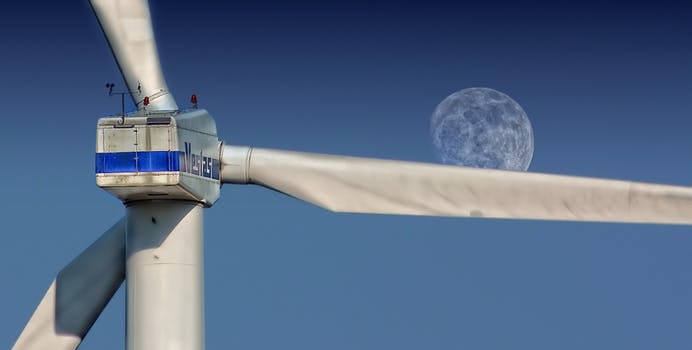(REPOST: Solar Power Portal)
Ten member organisations in the UK, including leading renewables groups like the Solar Trade Association, RenewableUK and Regen, have written to the government urging it to address the issue of the small-scale feed-in tariff and its future.

The letter warns that concerns over the future of the scheme have caused investment in small-scale renewables to slump, stressing that the country is at risk of losing the inherent benefits of low-carbon projects.
As it stands, the feed-in tariff – which supports small-scale wind and other technologies as well as solar PV – is due to close to new applicants on 1 April 2019.
Thursday (8 February) marks the two-year anniversary of the introduction of the reworked feed-in tariff scheme. New rates, bands and a capping mechanism came into force on 8 February 2016.
The government was due to outline its future approach to solar PV before the end of last year, as outlined in October 2017’s Clean Growth Strategy, but has yet to do so. When pressed on the issue last month the Department for Business, Energy and Industrial Strategy said that the strategy would be published “in due course”.
The government has however ruled out any new subsidies beyond those which are already committed to. This was confirmed within the Autumn Budget, delivered in November.
The letter states that small-scale low carbon generation is contributing to the creation of a “more dynamic, smart and flexible low-carbon energy system”.
“The benefits of decentralised generation are not limited to energy production. Small-scale local energy projects create significant socio-economic benefit across the whole of the country, engage communities and are often at the forefront of innovative energy and business models.
“Crucially, local low-carbon energy resources have been fundamental in giving small businesses greater control over their energy costs and use – and have helped create additional income in some instances,” the organisations have said.


